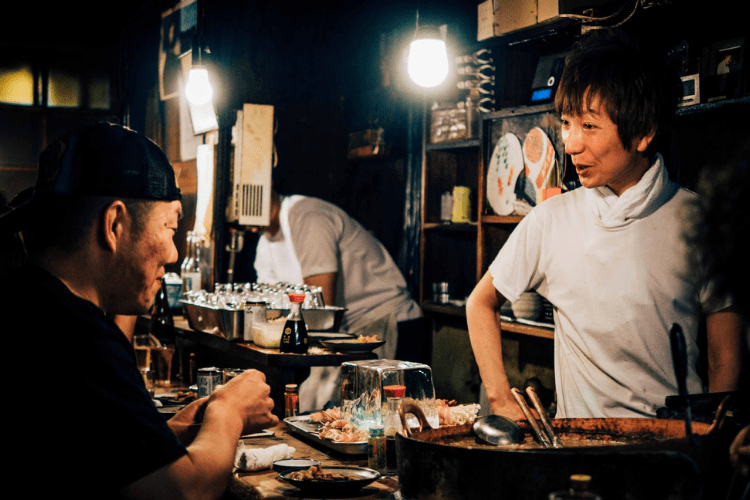Do you consider yourself a storyteller? If not, I’ll let you in on a little secret: We are all storytellers.
It’s true: Some people seem to have a storytelling gift that magnetizes and mesmerizes listeners. If you don’t feel like that describes you, that’s okay. The good news is you already have the spark inside to become a better storyteller.
The even better news? There are four key characteristics that work in your favor as you step up your storytelling game.
1. Storytelling is innate.
You already have storytelling skills. You’ve been using them your whole life.
Every time you communicate, you put these skills to use. You make decisions about what to say (or not), how and what to emphasize (or not), what details to add, and how to craft your message. All of these elements make up the story you share and how someone else hears and acts upon that story. This is particularly relevant in the travel industry because these choices can cause gaps in intention and interpretation — or ensure what you mean to say is understood by travelers.
2. Storytelling is natural.
Your world is filled with stories, and you have been telling stories in countless ways since you were a child — through spoken words, written words, photographs, and music. People naturally interact and communicate with each other. That is how we connect with each other.
To take full advantage of this storytelling instinct, we just have to lean into human nature. Let’s take a tourism-related example: If you are talking about something travelers are interested in (like the kinds of fish they will see when snorkeling), then take that natural conversation one step further and turn it into a more meaningful learning opportunity. Mention the fish name, then talk about its habitat, any challenges it faces, and what efforts are being taken to address these.
You don’t have to rehearse this in advance. However, what you should do is learn to anticipate traveler questions and encounters you know your travelers will have so you can thoughtfully turn casual interactions into more mindful conversations. Identify these gaps in advance, anticipate the opportunities, and be prepared to take conversations one step further when the time is right.
3. Storytelling is heart-centered.
When people point to their most memorable travel moments, they rarely mention taking selfies in front of iconic monuments. Far more often, the travel moments people remember are those when they interacted with other people — perhaps learning the story behind a hand-crafted item made by an artisan or a casual conversation over a cup of coffee with another accommodation guest.
Human connection is an important part of the interconnected ecosystem in which we live, work, and play … and it’s one of the reasons why remaining isolated throughout the global pandemic is so hard! Even though every single person is so different and distinct from every other person, we share a lot of deep-seeded values and needs as well, such as the desire for our families to live in safe conditions.
As ridiculous as it sounds, people are human. They connect with heart-centered interactions, not data and facts. And while data and facts certainly have their place, people are far more likely to connect with a story if they can relate to it on a more heart-centered level.
4. Storytelling is free.
Perhaps the best news about storytelling is that it’s free. It’s not a tool you need to buy. You have the skills, and you are already communicating with travelers.
As the tourism industry continues to strategize ways to build back better, one of the best things any company or destination can do is re-evaluate how it tells stories and communicates with travelers. The tourism industry has historically operated on the foundation of several destructive practices and myths that storytelling has reinforced. But just as storytelling helped keep this inequitable, irresponsible tourism model in place, it can also help transform it for the better.
It doesn’t cost anything extra to use storytelling in a more thoughtful, responsible, and intentional way. The challenge now is making sure you take full advantage of your storytelling skills to grow your business in a more meaningful way while helping the tourism industry fully recognize its capacity as a force for good.
If you’re ready to step up your storytelling skills, enroll in Strategic Storytelling: A Master Class Series. This four-part, a la carte series offers the skills, tools, and resources you need to tell more responsible, inclusive, and intentional stories in your travel-related career.



